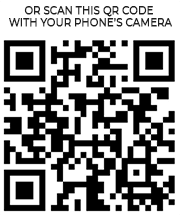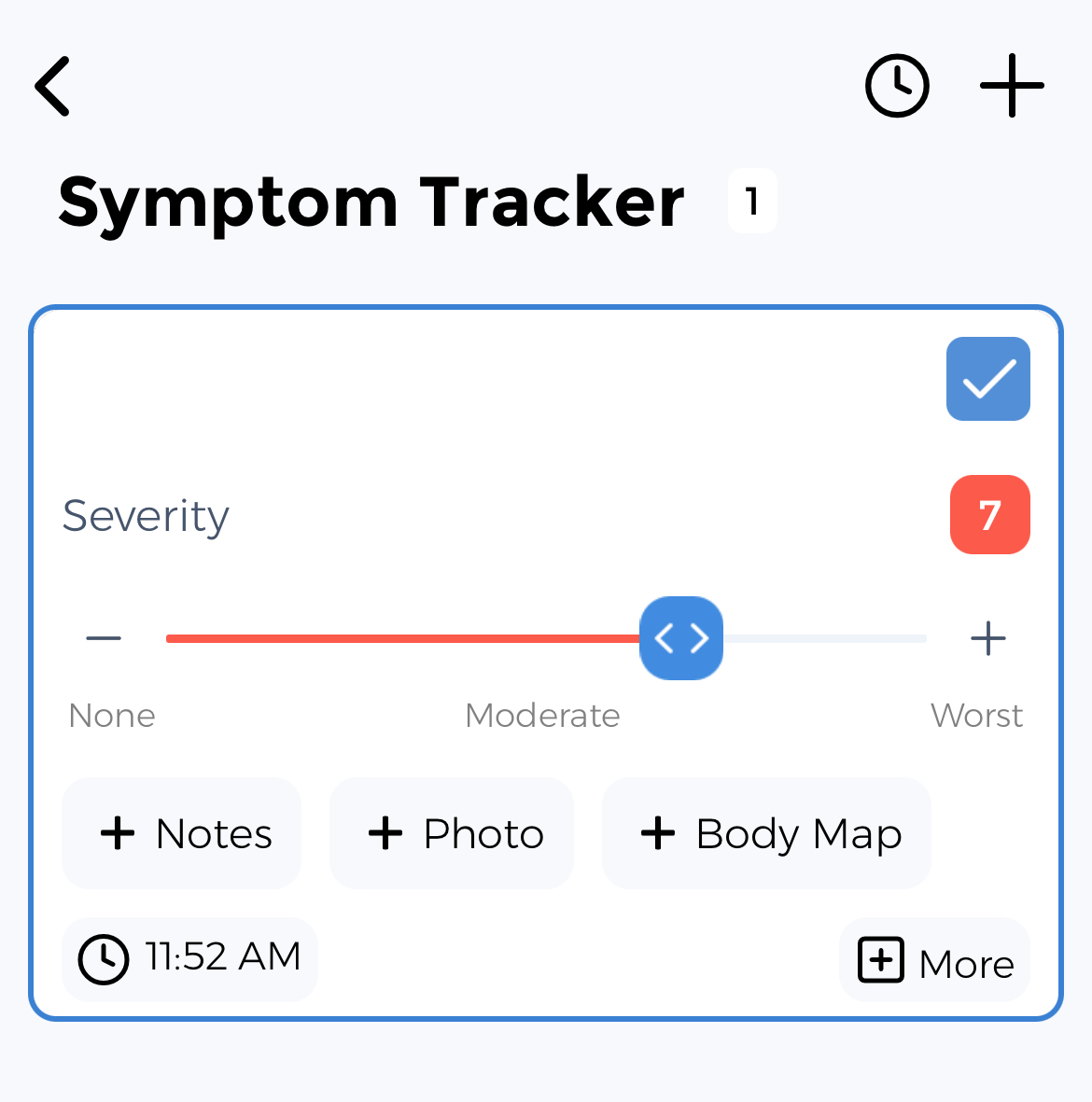Alzheimer's Disease Symptom Tracker: Your Health Assistant
Living with Alzheimers Disease means dealing with memory loss, difficulty completing familiar tasks, confusion with time or place, and more. But here's the truth: Data is your most powerful tool. Every logged symptom reveals patterns—so you can take informed action.
Alzheimer's disease is a progressive neurodegenerative disorder that causes brain cells to degenerate and die, leading to a continuous decline in thinking, behavioral and social skills. It is the most common cause of dementia, affecting memory, thinking and behavior. Tracking cognitive function, behaviors, and daily living activities helps manage care and monitor disease progression.
Key Alzheimers Disease Symptoms You Should Track
Struggling with symptoms like these? Tracking them reveals patterns, triggers, and how they impact your daily life.
Memory loss
Difficulty completing familiar tasks
Confusion with time or place
Trouble understanding visual images
Problems with words
Misplacing things
Decreased judgment
Withdrawal from activities
Mood changes
Personality changes
Sleep disturbances
Wandering
Track Your Alzheimer's Disease Treatments
Tracking how these common treatments affect your symptoms can help you and your healthcare provider optimize your care plan:
Our tracker helps you monitor when you take medications and how they affect your symptoms over time.
Standardized Alzheimer's Disease Assessments
Complete these evidence-based assessments in the App to measure your severity and monitor your progress:
⚡ Knowledge Is Your Superpower
The difference between feeling overwhelmed by Alzheimers Disease and feeling in control starts with data. When you track your symptoms, you transform uncertainty into clarity. Every data point brings you closer to understanding your unique patterns.
It's free to try for anyone—whether you're managing your own condition, supporting a child, helping an aging parent, or assisting a partner. Our tracker adapts to your specific role in the health journey.
How the CareClinic Alzheimers Disease Symptom Tracker Adapts to Your Needs
Adults
Caregivers
Parents of Children
Young Adults
Your Complete Alzheimer's Disease Management Toolkit
Uncover Patterns & Insights
Map your Alzheimers Disease symptoms like a detective solving a case.
Understand Your Medication's Impact
Turn guesswork into strategy. See how treatments affect your well-being with clear health insights.
Objectively Measure Your Progress
Use clinically validated tools to objectively measure your progress.
Other Tools You May Like...
Plus 6 more specialized tracking tools available
Access All Tracking ToolsAlso Supports Other Conditions Like
Frontotemporal Dementia Tracker
Frontotemporal Dementia warriors use our tracker to monitor personality changes, behavior changes.
Major Depressive Disorder Tracker
Major Depressive Disorder warriors use our tracker to monitor persistent sadness, loss of interest.
Down Syndrome Tracker
Down Syndrome warriors use our tracker to monitor developmental delays, intellectual disability.
Huntington's Disease Tracker
Huntington's Disease warriors use our tracker to monitor involuntary movements, impaired coordination.
Success Stories from Our Community
"What surprised me was discovering how my Alzheimer's Disease connects to my Huntington's Disease. The tracker showed me patterns between my Alzheimer's Disease flare-ups and my Huntington's Disease. I never would have known without tracking both."
"The tracker's reminders helped me stay consistent with monitoring my {symptom}, which led to discovering that My withdrawal from activities always peaked 2 days after physical activity."
Take Control of Your Alzheimer's Disease Journey
Transform from feeling like a passive patient to becoming an informed self-advocate. Join thousands who've discovered new insights about their condition.
Designed by people who understand the daily challenges of managing chronic conditions, we're here to support you and your ❤️ ones.
Download Your Alzheimers Disease Tracker NowYour Data is Protected
Private & Secure
HIPAA Compliant
GDPR Compliant
Never Sell Data
Your data is yours: You get full control over who can view your information. CareClinic keeps all your data secure and encrypted.
References based on studies by:

